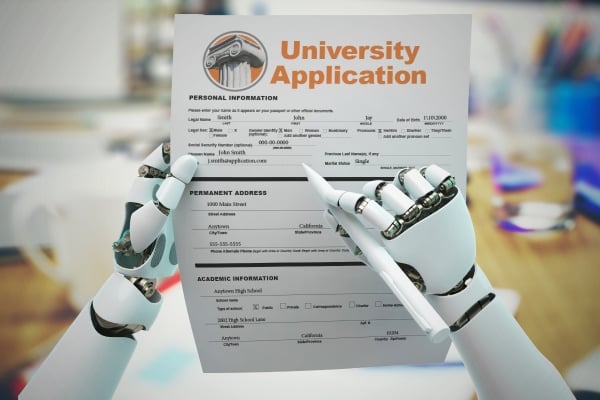The (AI) Counselor Is in
In this day and age, the use of artificial intelligence (AI) is becoming more prevalent in various industries, and the field of counseling is no exception. With the rise of online therapy platforms and counseling apps, AI counselors are becoming an increasingly popular way for people to access mental health support.
But what exactly is an AI counselor? And how does it differ from traditional therapy sessions with a human counselor? Let’s delve into the world of AI counseling and explore the benefits and limitations of this innovative approach to mental health care.
An AI counselor is a digital tool that uses algorithms and machine learning to provide counseling services to individuals. These AI counselors can take the form of chatbots, virtual assistants, or interactive programs that offer support and guidance to users. They are designed to engage in conversations with users, provide psychoeducation, offer coping strategies, and help individuals work through their emotional struggles.
One of the key benefits of using an AI counselor is its accessibility. With traditional therapy, individuals may face barriers such as long wait times, cost, or lack of resources in their area. AI counselors are available 24/7, can be accessed from the comfort of one’s home, and are often more affordable than traditional counseling services.
Additionally, AI counselors can help individuals who may feel intimidated or uncomfortable talking to a human counselor. They provide a judgment-free and confidential space for individuals to express their thoughts and feelings without fear of stigma or judgment.
However, there are some limitations to using an AI counselor. While these digital tools can be helpful in providing support and guidance, they lack the emotional intelligence and empathy that human counselors possess. AI counselors may struggle to pick up on subtle cues or nuances in a person’s speech or body language, which are essential in building rapport and understanding a person’s emotional state.
Furthermore, AI counselors are not equipped to handle complex mental health issues or crises. They are best suited for individuals experiencing mild to moderate symptoms of anxiety, depression, or stress. People with severe mental health issues or those in need of urgent support should seek help from a qualified mental health professional.
In conclusion, the rise of AI counselors marks a significant advancement in the field of mental health care. These digital tools offer a convenient and accessible way for individuals to receive support and guidance for their emotional struggles. While they may not be a replacement for human counselors, AI counselors can complement traditional therapy and provide valuable resources for those in need of mental health support. As technology continues to evolve, it will be interesting to see how AI counseling continues to shape the landscape of mental health care in the years to come.



